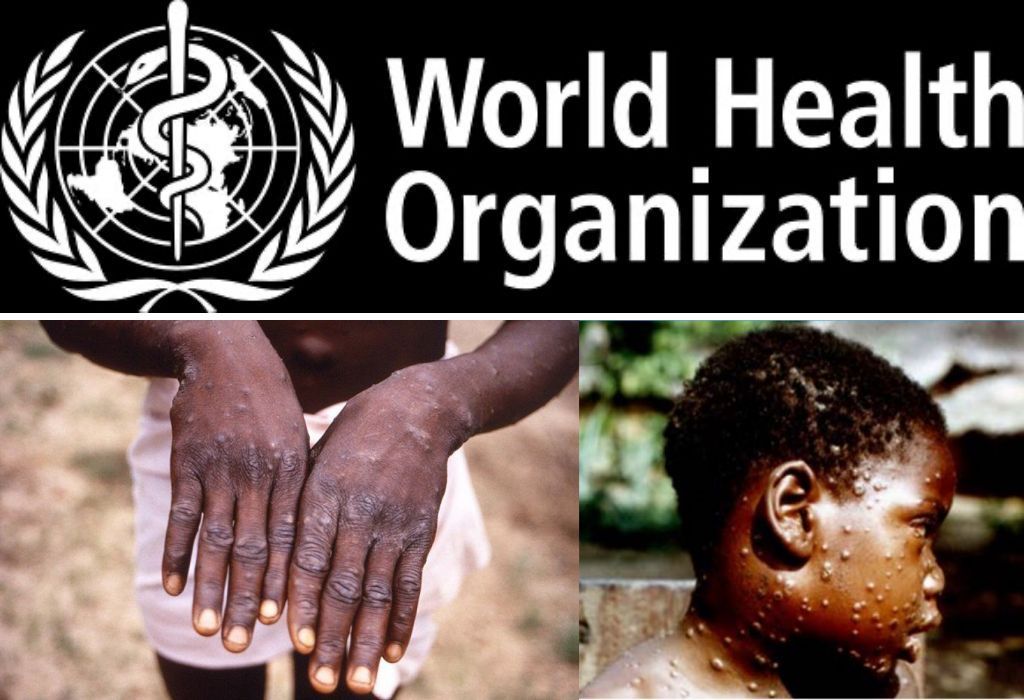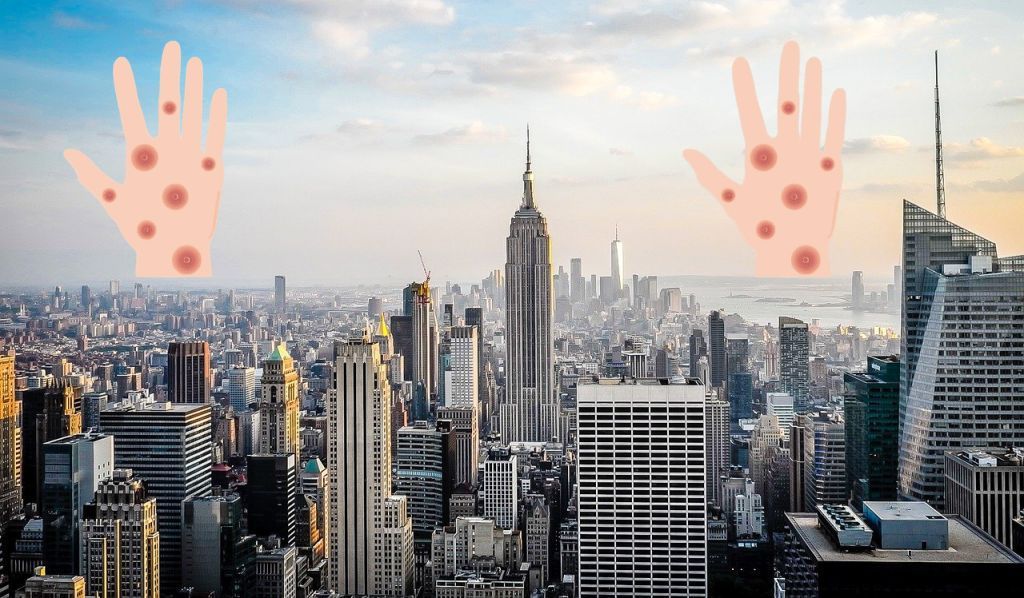As the world struggles to recover from a coronavirus pandemic that lasts two years, monkeypox, a viral infection is fast spreading around the world.
At least eight countries in the World Health Organization European Region have reported cases of monkeypox in recent days, while Australia, Canada, and the US have also reported similar cases, the WHO said Friday.
The European countries that in recent days reported monkeypox – a rare viral infection that can be spread from person to person and is caused by the monkeypox virus – are Belgium, France, Germany, Italy, Portugal, Spain, Sweden, and the UK.
“These recent cases are atypical for several reasons,” said Hans Kluge, WHO regional director for Europe.
“In this instance, all but one of the recent cases have no relevant travel history to areas where monkeypox is endemic, in West Africa or Central Africa,” he said.
Kluge also said that most of the initial cases found were detected through sexual health services and are among men who had sex with men.
“Because of the geographically dispersed nature of the cases across Europe and beyond, the transmission may have been ongoing for some time,” he said.
Kluge said WHO is working with concerned countries to investigate cases further, determine the likely source of infection, how the virus is spreading, and limit further transmission.
“We are also providing guidance and support on surveillance, testing, infection prevention and control, clinical management, risk communication, and community engagement, as well as facilitating information sharing across countries and health networks,” said Kluge.
He said most of the cases currently under investigation in Europe are mild.
Meanwhile, US President Joe Biden also raised the alarm about the monkeypox. “They haven’t told me the level of exposure yet, but it is something that everybody should be concerned about,” Mr. Biden said at Osan Air Base in South Korea, where he met with American troops before flying to Japan during his first official visit to Asia as president. “We’re working on it hard to figure out what we do and what vaccine may be available.”
Two smallpox vaccines are approved for use in the United States, and they are generally effective at preventing monkeypox infection as well.
British health secretary Sajid Javid said the UK Health Service Agency confirmed 11 new cases of monkeypox in Britain. This brings the total number of cases in the UK to 20.
Susan Hopkins, the chief medical adviser of the UK Health Service Agency, said: “We expect this increase to continue in the coming days and for more cases to be identified in the wider community. Alongside this, we are receiving reports of further cases being identified in other countries globally.”
Monkeypox killed at least 58 people and infected over 1,200 others in the Democratic Republic of the Congo since the beginning of this year, the World Health Organization said on Friday, as cases have climbed in the European and North American nations.
The suspected cases of the contagious disease are spread across 18 provinces of the country.
Until May 8, at least 1,284 suspected cases of monkeypox, including 58 deaths, have been reported in 87 health zones, the WHO country office said.
Monkeypox is a viral zoonosis (a virus transmitted to humans from animals) with symptoms very similar to those seen in the past in smallpox patients, although it is clinically less severe. It is caused by the monkeypox virus which belongs to the orthopoxvirus genus of the Poxviridae family. There are two clades of monkeypox virus: the West African clade and the Congo Basin (Central African) clade. The name monkeypox originates from the initial discovery of the virus in monkeys in a Danish laboratory in 1958. The first human case was identified in a child in the Democratic Republic of the Congo in 1970.
Monkeypox virus is transmitted from one person to another by close contact with lesions, body fluids, respiratory droplets and contaminated materials such as bedding. The incubation period of monkeypox is usually from 6 to 13 days but can range from 5 to 21 days.
Various animal species have been identified as susceptible to the monkeypox virus. Uncertainty remains on the natural history of the monkeypox virus and further studies are needed to identify the exact reservoir(s) and how virus circulation is maintained in nature. Eating inadequately cooked meat and other animal products of infected animals is a possible risk factor.
Monkeypox is usually self-limiting but may be severe in some individuals, such as children, pregnant women or persons with immune suppression due to other health conditions. Human infections in the West African clade appear to cause less severe disease compared to the Congo Basin clade, with a case fatality rate of 3.6% compared to 10.6% for the Congo Basin clade.









